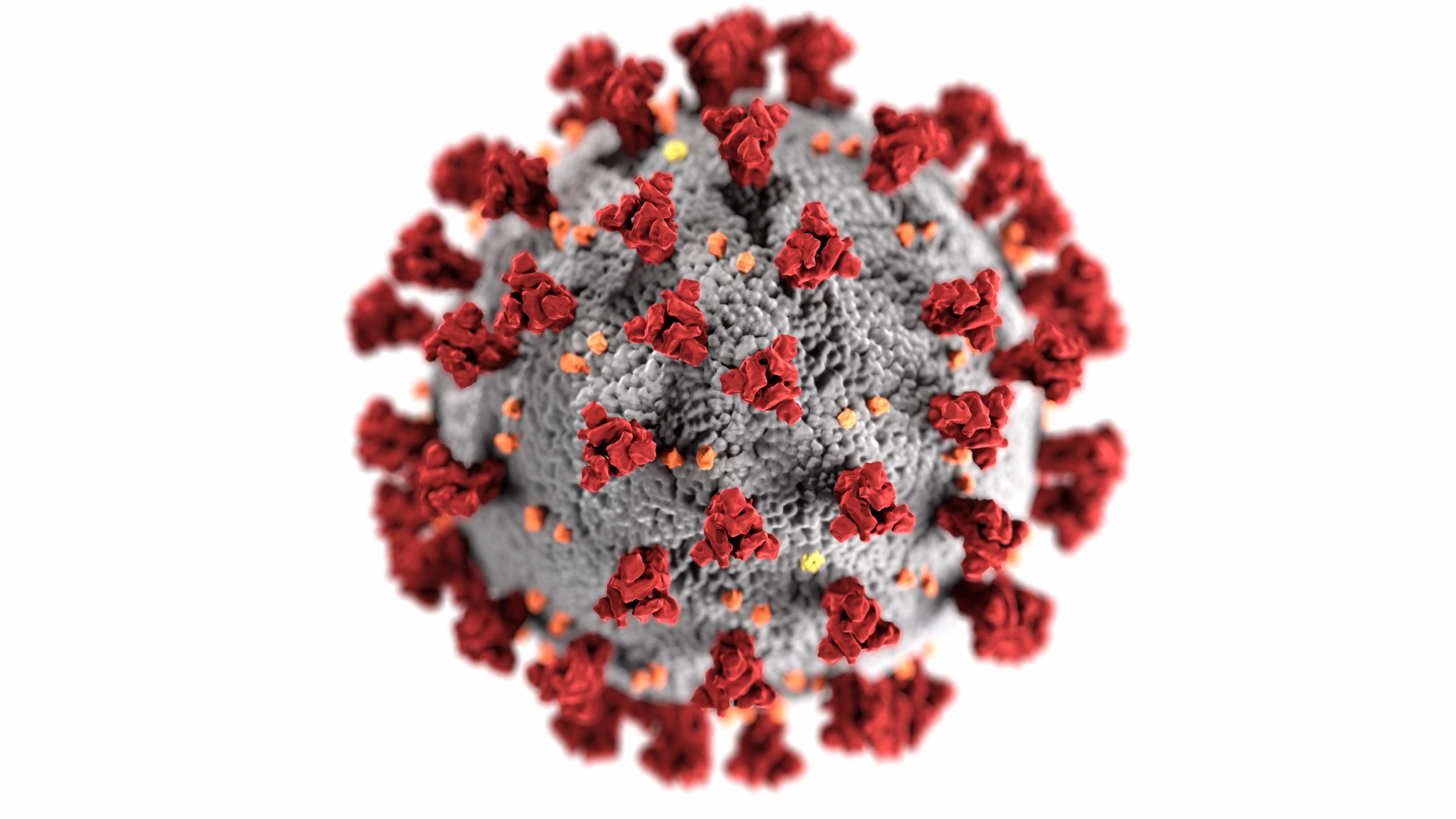
Lauren Dempsey, MS in Biomedicine and Law, RN, FISM News
[elfsight_social_share_buttons id=”1″]
A new and worrisome variant of COVID-19 has been identified in South Africa, Hong Kong, Botswana, Belgium, and Israel. This new development is alarming, according to many experts, and some countries have implemented travel bans, primarily from South Africa where the variant was first detected.
The strain, known as B.1.1.529, has been informally given the name “Nu,” and the WHO will meet to determine the level of concern and significance of current data on the variant. Case numbers are currently low, but the WHO will determine if the virus should be classified as a “variant of interest” or as a “variant of concern.” As of Wednesday, the WHO was closely monitoring the variant and the situation in South Africa.
This new variant has over 32 mutations in the spike protein, which may cause the virus to be more transmissible and vaccine resistant. Experts are concerned that this variant is highly contagious and will lead to increased positive cases and will eventually overwhelm hospital systems. This mirrors the concern that experts had over the summer in regards to the “Delta” variant, which was then the dominant strain that spread rapidly and was highly contagious, causing breakthrough cases in vaccinated individuals. Positive case numbers were similar to pre-vaccine infection rates.
Currently, there is no evidence that the “Nu” variant, or B.1.1.529, can evade vaccines. Greg Dore, an epidemiologist and infectious disease physician, tweeted that “B.1.1.529 variant has mutations associated [with] reduced vaccine effectiveness,” and added “if it’s a ‘less fit’ virus and has reduced transmission potential, then not huge problem. Time to monitor, not time to panic.”
Dr. Anthony Fauci shared a similar response, telling CNN’s “New Day” that U.S. scientists were in close communication with scientists in South Africa, and there is currently “no indication” that this coronavirus variant is currently circulating in the U.S. He added that “we’re rushing now to get that scientific data to try and make an informed decision” on the best way to protect the American public.
To determine if an individual who has tested positive for COVID-19 is infected with a variant, the viral genome needs to be sequenced. This is done days or weeks after testing, but this information is not typically shared with patients. Scientists use this to determine the dominate strain circulating; however, the specific strain of the virus doesn’t impact treatment for patients. The recommendations are still symptom management, isolation, practice good hygiene, wear a mask, and get vaccinated, as well as booster shots.
Some experts have suggested “mixing and matching” COVID-19 vaccines to trigger an immune response and increase the level of protection provided through vaccination. This could change when outpatient treatments become available.
The vaccines that are currently available do not prevent transmission or infection of COVID-19, and immunity wanes after just a few months. It is unknown how vaccine efficacy will be impacted by this new strain and if vaccinated individuals will continue to have reduced symptoms with breakthrough cases.
We will have to wait and see if this new variant will result in more lockdowns, restrictions, and a greater push for vaccine mandates.
